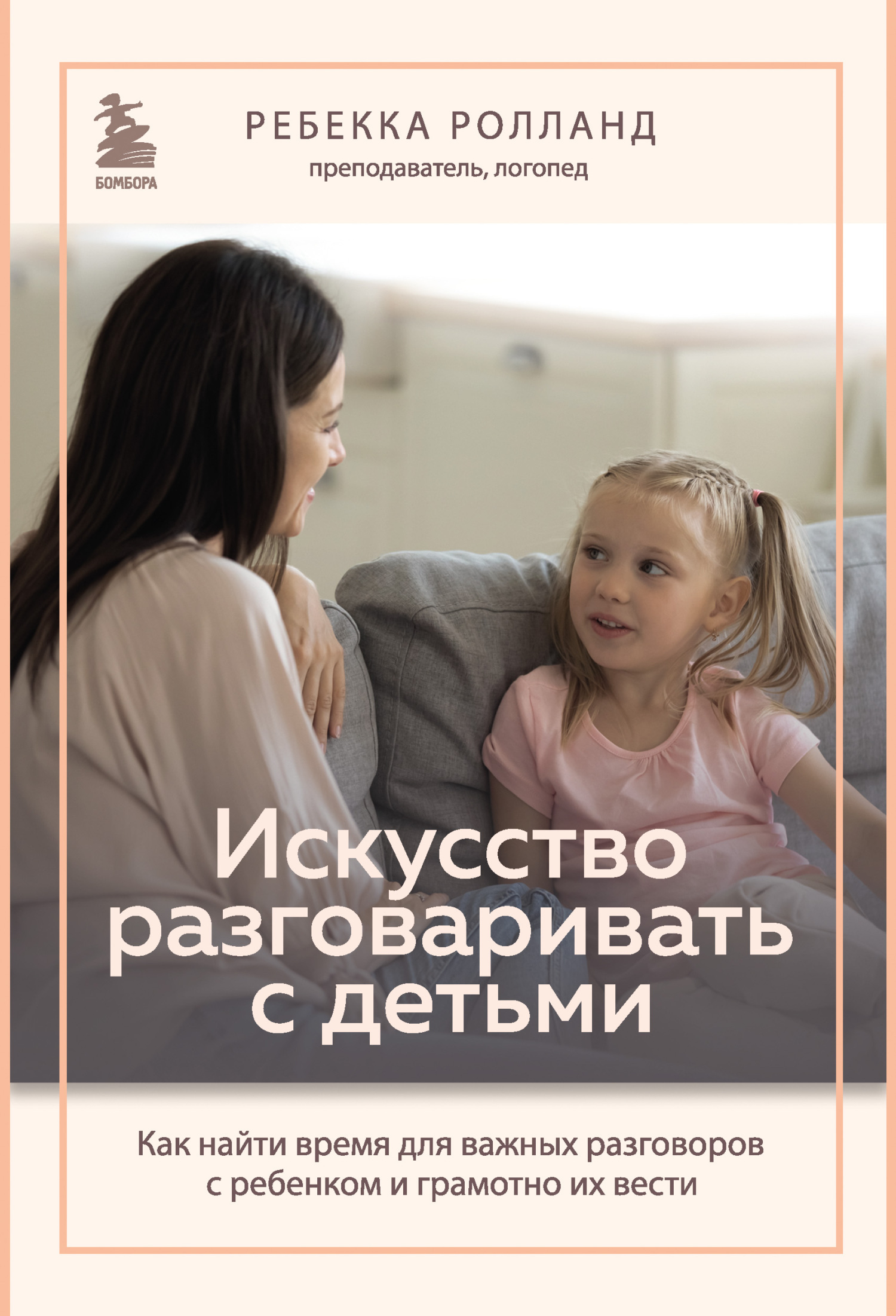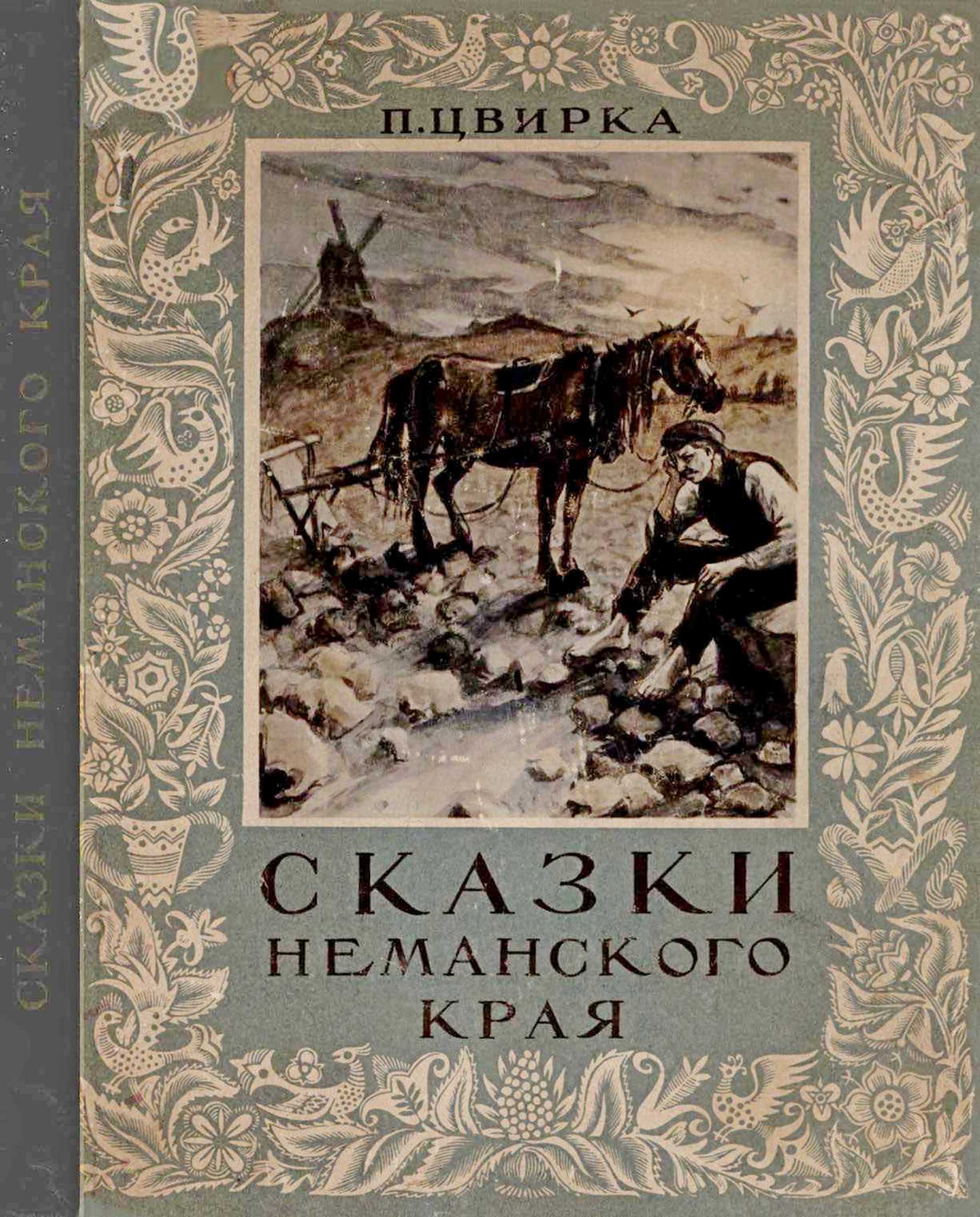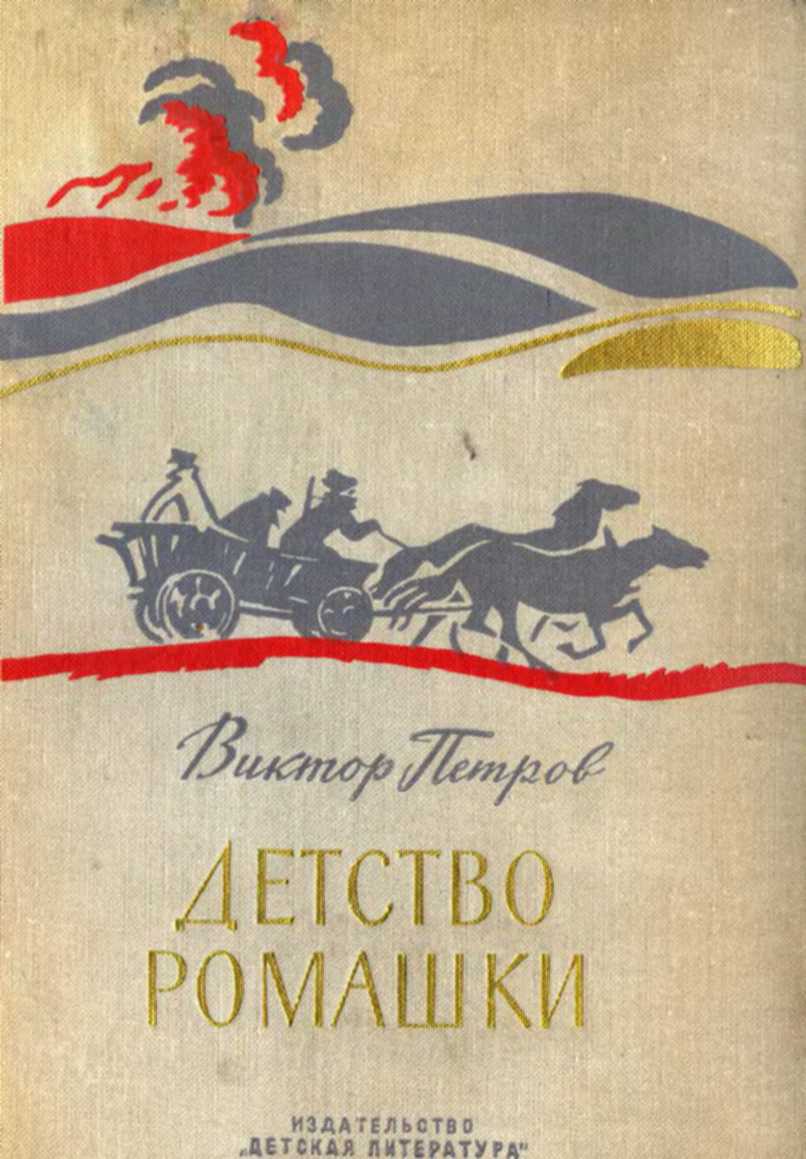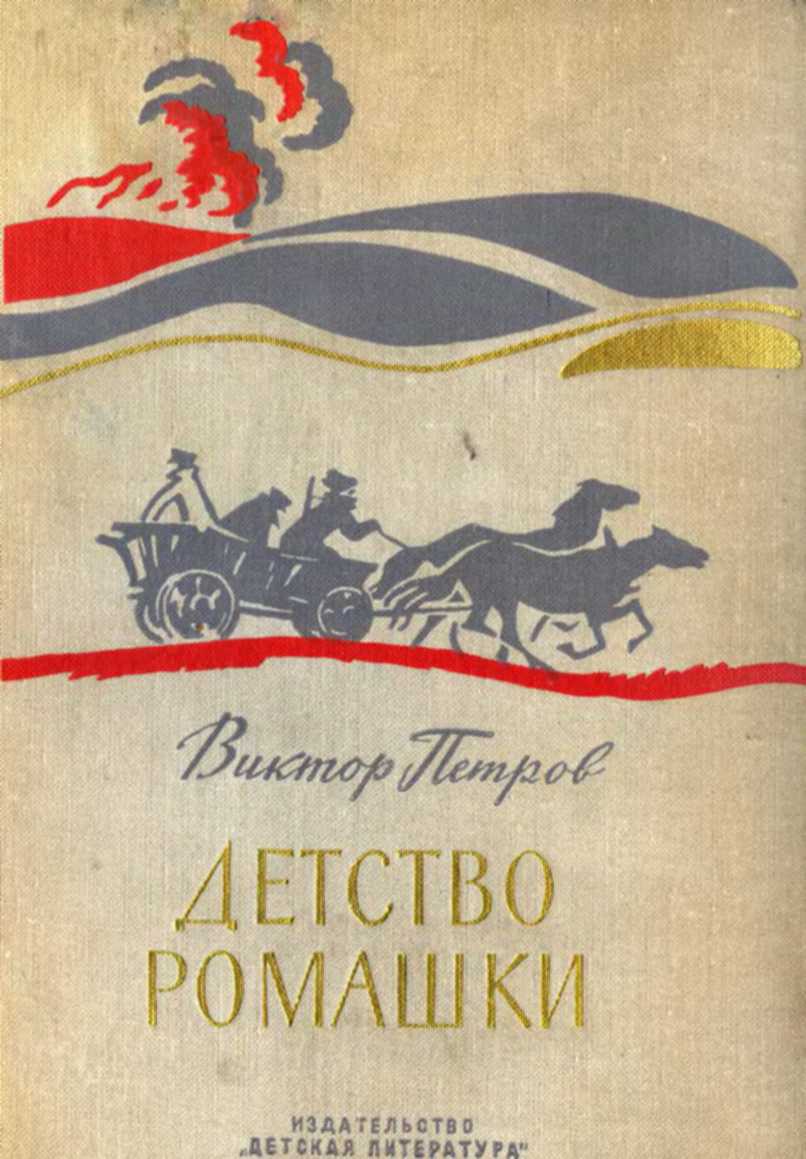Sheryl A. Hemphill, and Diana Smart. “Connections between Temperament and Social Development: A Review.” Social Development 13, no. 1 (2004): 142—70. https://doi.org/10.1046/j1467-9507.2004.00261.x.
Scardamalia, Marlene, and Carl Bereiter. “Child as Coinvestigator: Helping Children Gain Insight into Their Own Mental Processes.” In Learning and Motivation in the Classroom. Edited by Scott G. Paris, Gary M. Olson, and Harold W. Stevenson, 61–82. London: Routledge, 2017. https://doi.org/10.4324/9781315188522-4.
Schonert-Reichl, Kimberly A., Veronica Smith, Anat Zaidman-Zait, and Clyde Hertzman. “Promoting Children’s Prosocial Behaviors in School: Impact of the ‘Roots of Empathy’ Program on the Social and Emotional Competence of School-Aged Children.” School Mental Health 4, no. 1 (April 2011): 1—21. https://doi.org/10.1007/s12310-011-9064-7.
Schultz, Stacey. “Your Child’s Temperament: Finding the Right Parenting Style to Match.” ParentMap, April 28, 2012. https://www.parentmap.com/article/your-childs-temperament-finding-the-right-parenting-style.
Schunk, Dale H. “Verbalization and Children’s Self-Regulated Learning.” Contemporary Educational Psychology 11, no. 4 (1986): 347—69. https://doi.org/10.1016/0361-476x(86)90030-5.
Schwab, Katharine. “Will Toys Ever Go Beyond Blue and Pink?” The Atlantic, May 5, 2016. https://www.theatlantic.com/entertainment/archive/2016/05/beyond-blue-and-pink-the-rise-of-gender-neutral-toys/480624/.
Schwebel, David C., and Jodie M. Plumert. “Longitudinal and Concurrent Relations among Temperament, Ability Estimation, and Injury Proneness.” Child Development 70, no. 3 (1999): 700—12. https://doi.org/10.1111/1467-8624.00050.
Seigneuric, Alix, and Marie-France Ehrlich. “Contribution of Working Memory Capacity to Children’s Reading Comprehension: A Longitudinal Investigation.” Reading and Writing 18, no. 7–9 (2005): 617—56. https://doi.org/10.1007/s11145-005-2038-0.
Seja, Astrida L., and Sandra W. Russ. “Children’s Fantasy Play and Emotional Understanding.” Journal of Clinical Child Psychology 28, no. 2 (1999): 269—77. https://doi.org/10.1207/s15374424jccp2802_13.
Selman, Robert L. The Growth of Interpersonal Understanding: Developmental and Clinical Analyses. San Diego: Academic Press, 1980.
Senior, Jennifer. All Joy and No Fun: The Paradox of Modern Parenthood. New York: Ecco, 2014.
Shai, Dana, and Jay Belsky. “Parental Embodied Mentalizing: How the Nonverbal Dance between Parents and Infants Predicts Children’s Socio-Emotional Functioning.” Attachment & Human Development 19, no. 2 (2016): 191–219. https://doi.org/10.1080/14616734.2016.1255653.
Shaw, George Bernard. Everybody’s Political What’s What? London: Constable and Company Limited, 1944.
Shechet, Ellie. “How to Do Nothing: The New Guide to Refocusing on the Real World.” The Guardian, April 2, 2019. https://www.theguardian.com/lifeandstyle/2019/apr/02/jenny-odell-how-to-do-nothing-attention.
Shin, So Yeon, Kathryn A. Leech, and Meredith L. Rowe. “Examining Relations between Parent-Child Narrative Talk and Children’s Episodic Foresight and Theory of Mind.” Cognitive Development 55 (2020): 100910. https://doi.org/10.1016/j.cogdev.2020.100910.
Shmukler, Diana. “Preschool Imaginative Play Predisposition and Its Relationship to Subsequent Third Grade Assessment.” Imagination, Cognition and Personality 2, no. 3 (1983): 231—40. https://doi.org/10.2190/17cd-bkar-ybky-elew.
Shonkoff, Jack P. “Leveraging the Biology of Adversity to Address the Roots of Disparities in Health and Development.” Proceedings of the National Academy of Sciences 109, no. Supplement_2 (August 2012): 17302—7. https://doi.org/10.1073/pnas.1121259109.
Shonkoff, Jack P., and Linda Richter. “The Powerful Reach of Early Childhood Development.” In Handbook of Early Childhood Development Research and Its Impact on Global Policy. Edited by Pia Rebello Britto, Patrice L. Engle, and Charles M. Super. New York: Oxford Univ. Press, 2013. https://doi.org/10.1093/acprof: oso/9780199922994.003.0002.
Shumow, Lee. “Promoting Parental Attunement to Children’s Mathematical Reasoning Through Parent Education.” Journal of Applied Developmental Psychology 19, no. 1 (1998): 109—27. https://doi.org/10.1016/s0193-3973(99)80031-8.
Shutts, Kristin. “Young Children’s Preferences: Gender, Race, and Social Status.” Child Development Perspectives 9, no. 4 (2015): 262—66. https://doi.org/10.1111/cdep.12154.
Sicart, Miguel. Play Matters. Cambridge, MA: MIT Press, 2017.
Siegel, Daniel J. Mindsight: The New Science of Personal Transformation. New York: Bantam Books, 2011.
Siegel, Daniel J., and Tina Payne Bryson. The Power of Showing Up: How Parental Presence Shapes Who Our Kids Become and How Their Brains Get Wired. New York: Ballantine Books, 2021.
Siegel, Linda S. “Perspectives on Dyslexia.” Paediatrics & Child Health 11, no. 9 (2006): 581—87. https://doi.org/10.1093/pch/11.9.581.
Signorella, Margaret L., Rebecca S. Bigler, and Lynn S. Liben. “Developmental Differences in Children’s Gender Schemata about Others: A Meta-Analytic Review.” Developmental Review 13, no. 2 (1993): 147—83. https://doi.org/10.1006/drev.1993.1007.
Simien, Evelyn M. “Doing Intersectionality Research: From Conceptual Issues to Practical Examples.” Politics & Gender 3, no. 2 (2007). https://doi.org/10.1017/s1743923x07000086.
“Simple Interactions.” Fred Rogers Center for Early Learning & Children’s Media. Accessed June 4, 2021. https://www.fredrogerscenter.org/what-we-do/simple-interactions/.
Singer, Dorothy G., J. L. Singer, H. D’agostino, and R. DeLong. “Children’s Pastimes and Play in Sixteen Nations: Is Free-Play Declining?” American Journal of Play 1, no. 3 (Winter 2009): 283–312. https://eric.ed.gov/?id=EJ1069041.
Singer, Dorothy G., and Jerome L. Singer. The House of Make-Believe: Children’s Play and the Developing Imagination. Cambridge, MA: Harvard Univ. Press, 1990.
Singer, Jerome L. “Enhancing Elementary School Children’s Achievement and Creativity through Imaginative Play in the Classroom.” PsycEXTRA Dataset, 2011. https://doi.org/10.1037/e659042011-001.
Singer, Jerome L., and Dorothy G. Singer. “Preschoolers’ Imaginative Play as Precursor of Narrative Consciousness.” Imagination, Cognition and Personality 25, no. 2 (2005): 97—117. https://doi.org/10.2190/0kqu-9a2v-yam2-xd8j.
Singer, Jerome L., and Dorothy G. Singer. “Professional Paths over Six Decades Researching and Practicing Play.” International Journal of Play 4, no. 2 (April 2015): 190–202. https://doi.org/10.1080/21594937.2015.1060570.
Singer, Judy. Neurodiversity: The Birth of an Idea. Lexington, KY: Judy Singer, 2017.
Sisk, Victoria F., Alexander P. Burgoyne, Jingze Sun, Jennifer L. Butler, and Brooke N. Macnamara. “To What Extent and Under Which Circumstances Are Growth Mind-Sets Important to Academic Achievement? Two Meta-Analyses.” Psychological Science 29, no. 4 (May 2018): 549—71. https://doi.org/10.1177/0956797617739704.
Slomkowski, Cheryl, and Judy Dunn. “Young Children’s Understanding of Other People’s Beliefs and Feelings and Their Connected Communication with Friends.” Developmental Psychology 32, no. 3 (1996): 442—47. https://doi.org/10.1037/0012-1649.32.3.442.
Smith, Peter K. “Children at Play: Clinical and Developmental Approaches to Meaning and Represenation.” Child Psychology and Psychiatry Review 6, no. 3 (2001): 144—47. https://doi.org/10.1017/s1360641701232699.
Snow, Catherine E. “Conversations with Children.” In Language Acquisition: Studies in First Language Development. Edited by Paul Fletcher and Michael Garman, 69–89. Cambridge: Cambridge Univ. Press, 1986. https://doi.org/10.1017/cbo9780511620683.006.
Snow, Catherine E. “The Theoretical Basis for Relationships between Language and Literacy in Development.” Journal of Research in Childhood Education 6, no. 1 (1991): 5—10. https://doi.org/10.1080/02568549109594817.
Snow, Catherine E., M. Susan Burns, and Peg Griffin. Preventing Reading Difficulties in Young Children. Washington, DC: National Academies Press, 1998.
Snowling, Margaret J., Charles Hulme, and Kate Nation. “Defining and Understanding Dyslexia: Past, Present and Future.” Oxford Review of Education 46, no. 4 (March 2020): 501—13. https://doi.org/10.1080/03054985.2020.1765756.
Spencer, Mercedes, and Richard K. Wagner. “The Comprehension Problems of Children with Poor Reading Comprehension Despite Adequate Decoding: A Meta-Analysis.” Review of Educational Research 88, no. 3 (March 2018): 366–400. https://doi.org/10.3102/0034654317749187.
Stafford, Mai, Diana L. Kuh, Catharine R. Gale, Gita Mishra, and Marcus Richards. “Parent – Child Relationships and Offspring’s Positive Mental Wellbeing from Adolescence to Early Older Age.” Journal of Positive Psychology 11, no. 3 (2015): 326—37.





